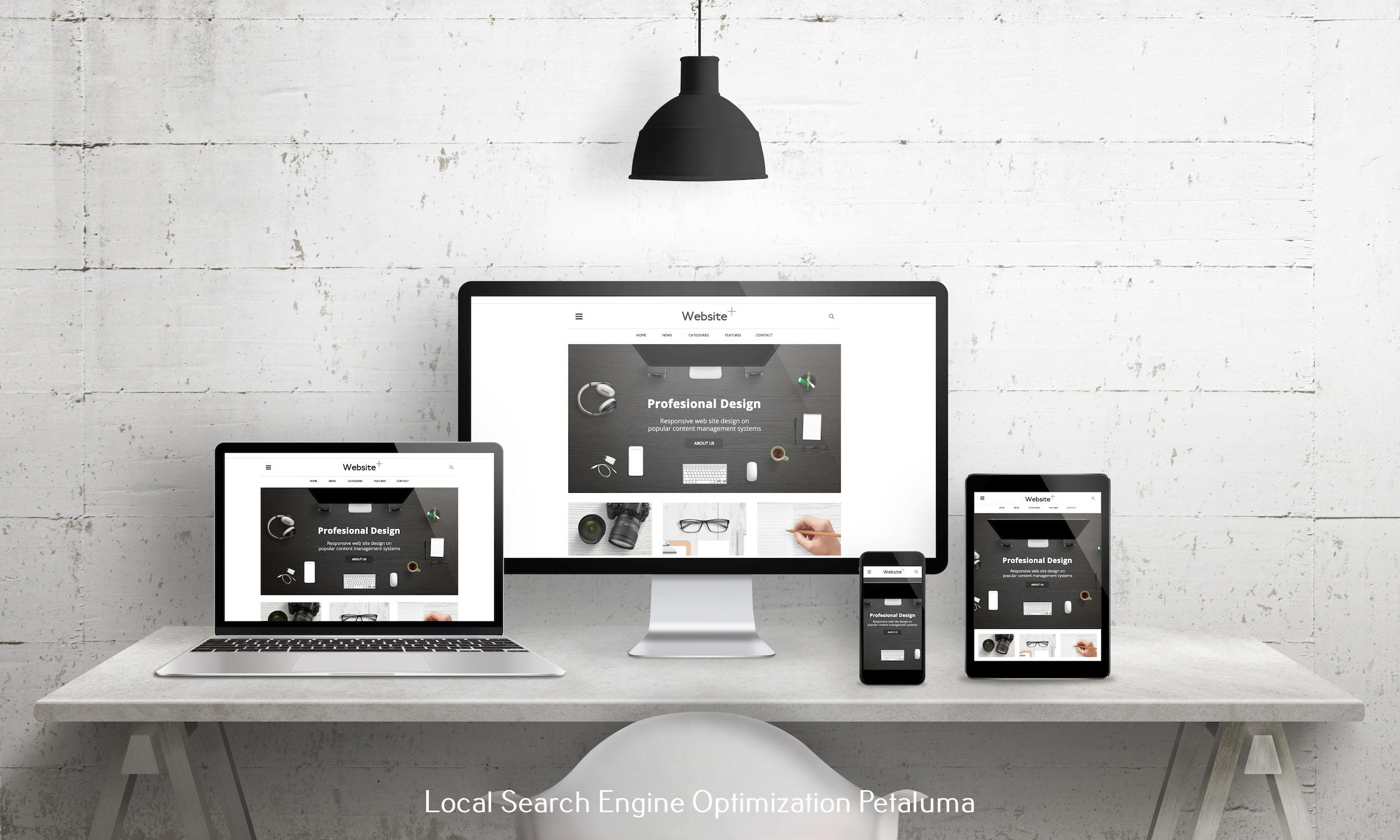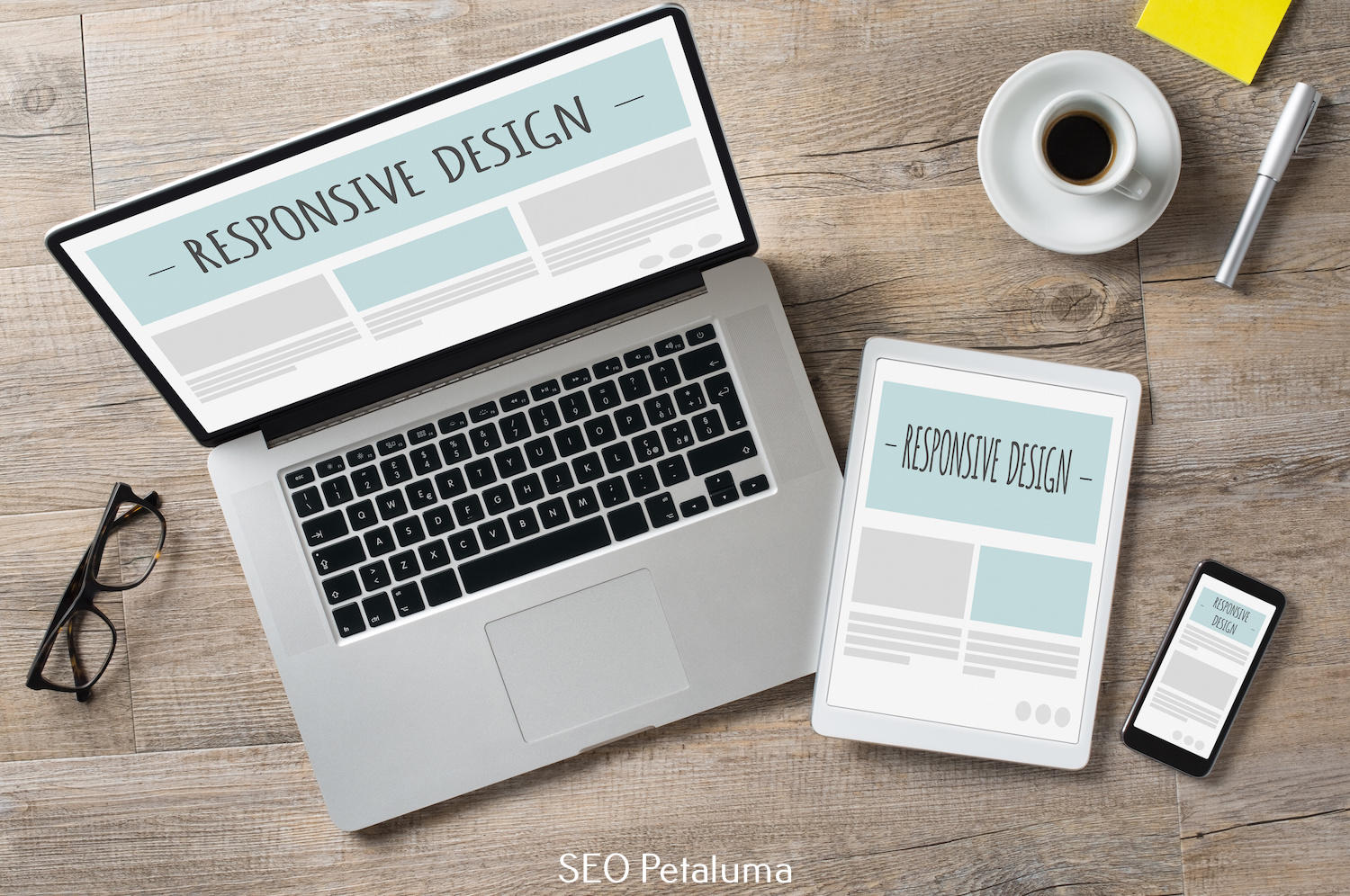Are you looking to get your WordPress site to rank higher on search engines? You've come to the right place. At RAD Web Marketing, we specialize in digital marketing services for businesses in North Bay and Mill Valley, CA. Our team of seasoned copywriters and SEO experts know exactly what it takes to maximize your site's SEO and boost its rankings. In this article, we'll share some tips on how to optimize your WordPress site for higher rankings.
Understanding SEO Basics
Before we dive into the tips, let's quickly go over the basics of SEO (search engine optimization). In simple terms, SEO is the process of optimizing your website so that it appears higher in search engine results pages (SERPs). This means that when someone searches for a keyword related to your business or industry, your website will appear at the top of the list.
SEO is crucial because it helps drive organic traffic to your website. The higher you rank on search engines like Google, the more likely people are to click through to your site. This leads to increased visibility and ultimately more potential customers.
Optimizing Your Site's Content
One of the most important aspects of SEO is creating high-quality content that incorporates relevant keywords. When it comes to optimizing content on a WordPress site, there are a few key elements you should focus on.
Title Tags and Meta Descriptions
Title tags are HTML elements that define the title of a webpage. They appear as clickable headlines in search engine results pages. Meta descriptions are also HTML elements that provide a brief description of what users can expect from a webpage.
Both title tags and meta descriptions should include relevant keywords and accurately describe what users can expect from clicking through to your page. Make sure they are concise yet informative – aim for 50-60 characters for titles and 150-160 characters for meta descriptions.
Headers and Subheaders
Headers (H1) and subheaders (H2-H6) are important for organizing your content and making it more readable. They also provide search engines with a better understanding of what your content is about.
When creating headers and subheaders, be sure to include relevant keywords. However, don't overdo it – make sure they flow naturally and don't sound forced.
Internal and External Links
Linking to other pages within your website (internal links) and to external sources (external links) can improve your SEO by showing search engines that your content is valuable and relevant. It also helps users navigate through your site and find more information on a particular topic.
When linking, use descriptive anchor text that includes keywords. This not only helps with SEO but also gives users an idea of what they can expect when clicking on the link.
Optimizing Your Site's Structure
Aside from the content itself, the structure of your WordPress site plays a significant role in its SEO. Here are some tips for optimizing its structure for higher rankings:
Choose a Responsive Theme
A responsive theme ensures that your website looks good on all devices, including desktops, tablets, and smartphones. Not only does this improve user experience, but it also helps with SEO as search engines prioritize mobile-friendly sites in their rankings.
Create XML Sitemaps
An XML sitemap is a file that lists all the pages on your website. It helps search engines index all of your pages faster, which can lead to higher rankings.
To create an XML sitemap for your WordPress site, you can use plugins like Google XML Sitemaps or Yoast SEO.
Optimize Your Images
Images are an essential part of any website – they make it more visually appealing and engaging for users. However, if not optimized correctly, they can slow down your site's loading speed, which negatively impacts SEO.
To optimize images on WordPress sites:
– Compress images before uploading them.
– Use descriptive filenames that include relevant keywords.
– Include alt text that describes the image – this helps with accessibility and SEO.
Utilize Plugins
WordPress has a wide range of plugins that can help improve your site's SEO. Some popular options include Yoast SEO, All in One SEO Pack, and Google Analytics for WordPress.
These plugins offer features like keyword optimization, XML sitemap creation, and tracking website traffic – all of which are crucial for maximizing your site's SEO.
In conclusion, there are many ways to optimize your WordPress site for higher rankings. By focusing on creating high-quality content, optimizing your site's structure and utilizing plugins, you can improve your SEO and attract more organic traffic. Keep these tips in mind, and you'll be on your way to dominating search engine results pages in no time. Happy ranking!






































0 Comments